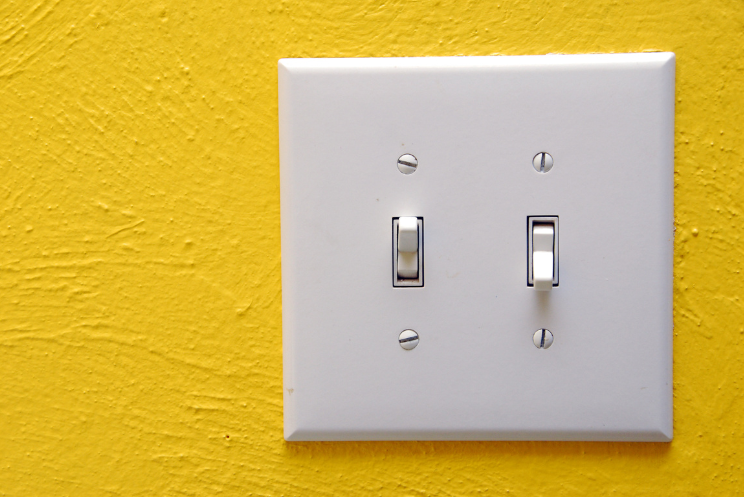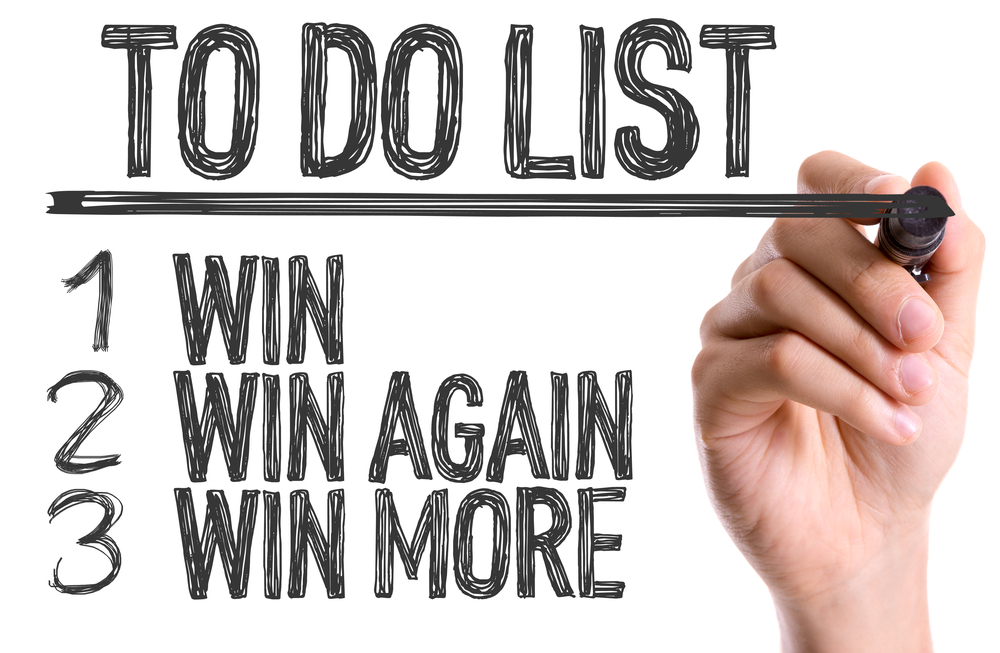When OCD Focuses on Sexuality
The idea of dealing with obsessive-compulsive disorder (OCD) is daunting enough for many people. But when OCD takes on a sexual theme, such as...

Obsessive-compulsive disorder, or OCD, can take on various forms and have different symptoms for different people. Checking behaviors can be one of the most visible forms of OCD, with individuals repeating physical actions over and over again, though repeated checking can also be done as mental review of thoughts, images, or sensations/urges. When checking gets in the way of living a valued life, it becomes an issue.
Checking can take many forms, including checking things like locks, appliances, switches, and electronics repeatedly. People with OCD may also check their body for signs of illness or injury or reread texts or emails multiple times to ensure they're perfect.
The repetitive checking behaviors stem from an obsession with the possibility of something terrible happening.
Unfortunately, checking behaviors tend to reinforce OCD symptoms and the idea that we cannot tolerate certain feelings, as the more checking somebody does, the less secure they feel. Checking can also affect loved ones and friends, leading to arguments, tension, and frustration.
Over time, the stress associated with checking can become overwhelming, leading to exhaustion, frustration, and anxiety or depression.
Fortunately, we have great OCD treatments that work! The most effective therapy is exposure and response prevention (ERP), which involves gradually exposing people with OCD to situations that trigger their anxiety and then teaching them how to resist the compulsive urge to check, while increasing their tolerance for discomfort. We want to learn a NEW WAY to relate to anxiety! Medications like selective serotonin reuptake inhibitors (SSRIs) can also help alleviate the “stickiness” of OCD thoughts.
OCD can be a debilitating disorder that affects many people's ability to function normally. However, it's essential to know that help is available and that you can get better and live a more flexible, fulfilled life! If you feel compelled to perform checking behaviors and are feeling stuck, seek out more information at iocdf.org, or reach out to us to schedule a free phone consult.

The idea of dealing with obsessive-compulsive disorder (OCD) is daunting enough for many people. But when OCD takes on a sexual theme, such as...

POCD or Pedophilia OCD is a subtype of OCD where the person experiences distressing intrusive and unwanted thoughts or fears that they might become...

Perfectionism, overachieving, high standards, often with costs to your relationships and self-confidence. Does this sound like you? Can personal...